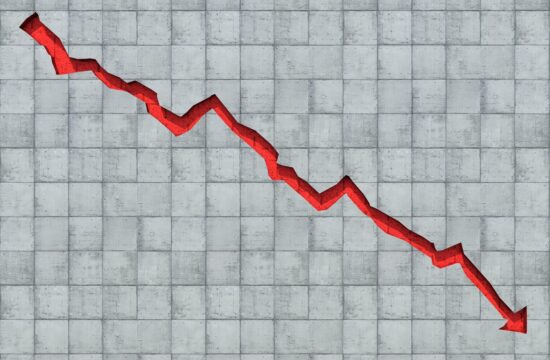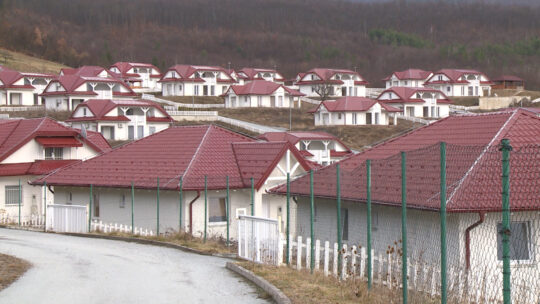Ramiz Nukic has been hiking the forest near his house in the eastern Bosnian village of Kamenica for the past 14 years, collecting bones of the victims of the 1995 Srebrenica genocide that remain scattered around the area of one of the deadliest traps Serb forces set for those who tried to flee.
On July 11, 1995, Bosnian Serb forces overran the eastern Bosnian enclave and rounded up the town’s Muslim Bosniaks, separated men from women and little children and systematically executed some 8,000 men and boys and dumped their bodies into mass graves.
Two international courts, The International Criminal Tribunal for the Former Yugoslavia and the World Court later ruled that the massacre was an act of genocide. Some 15,000 men tried to escape through the woods but were hunted down by the soldiers and killed either on the spot or taken to execution sites.
The remains of those killed along the path they took to flee were not collected and those are the remains Nukic continues to find.
Forensic experts excavated most of the bodies from the mass graves and identified the bones through DNA analysis before returning them to the families. Those rebury them every year on July 11 at the Memorial Centre’s cemetery. Some 1,000 remain missing.
Nukic was one of those who survived one of the deadliest traps Bosnian Serb troops laid in the forests at a location called Bukve.
Now Nukic is walking through the notorious ‘Bukve’ forest area, where more than 1,000 Muslim Bosniaks were mowed down by Bosnian Serb machine guns while trying to flee the town where soldiers were separating men from women for execution.
He returned to his village in 2004 with his family. Since then, he has been searching the area for remains. He even walks through areas presumed to be mine fields in order to help the families of the victims find their lost loved ones, he said.
Nukic told Anadolu journalists that he found a new set of remains only seven days ago, and those are to be taken over by Bosnia’s Institute for Missing Persons on Monday.
“I left Srebrenica in 1995. My two brothers, father and uncle were here… Unfortunately they are not among the living anymore. They are not the only ones, thousands lost their lives,” Nukic started telling his story.
He said he first came back to his village in 2002, but he was alone and his house was destroyed and overgrown with vegetation. He had to build everything from scratch when he came back with his family In 2004.
“I started walking through the woods trying to find my father and brothers. I was a bit afraid. It was not safe. When I began finding bones, it was difficult. Then I decided to collect them as I find them,” he said.
He then established contact with Bosnia’s Institute for Missing Persons.
Now, Nukic explains that when he makes a find, he calls the Institute. Their staff comes to record the area and collect the remains.
It is hard to find an entire body after so many years, he said, but added that even finding one bone is very important.
“I think I found up to 260 remains,” he said, as he stood next to a pile of bones.
Nukic walks nearly eight kilometers every day along a small muddy road over the hills, covered by nothing but forest. But the area is littered with empty food cans, spoons, clothes and other items.
“This was found seven days ago,” he said, pointing at a set of leg and arm bones, as well as a piece of a jaw, pelvic bone, foot and collarbone.
“This is the Bukve area. Today they are coming to pick this up,” he explained.
“In all of these years I am collecting them, I never made a mistake when it comes to bones. This year I found four groups of bones. I also find items such as spoons, toothbrushes, an electric shaver …,” he said, adding that he also finds clothes, but those have mostly rotten away after 23 years.
“I do this so I can bring joy to the families, although it is not really joy, but it somewhat is because when you find the bones, you know where you will bury them,” he said.
“I want to help the families because I know how difficult it was for me until they found the remains of my father and brothers. Now I know where they are. In Potocari,2 he said, referring to a Memorial Centre cemetery in Srebrenica’s suburb of Potocari.



